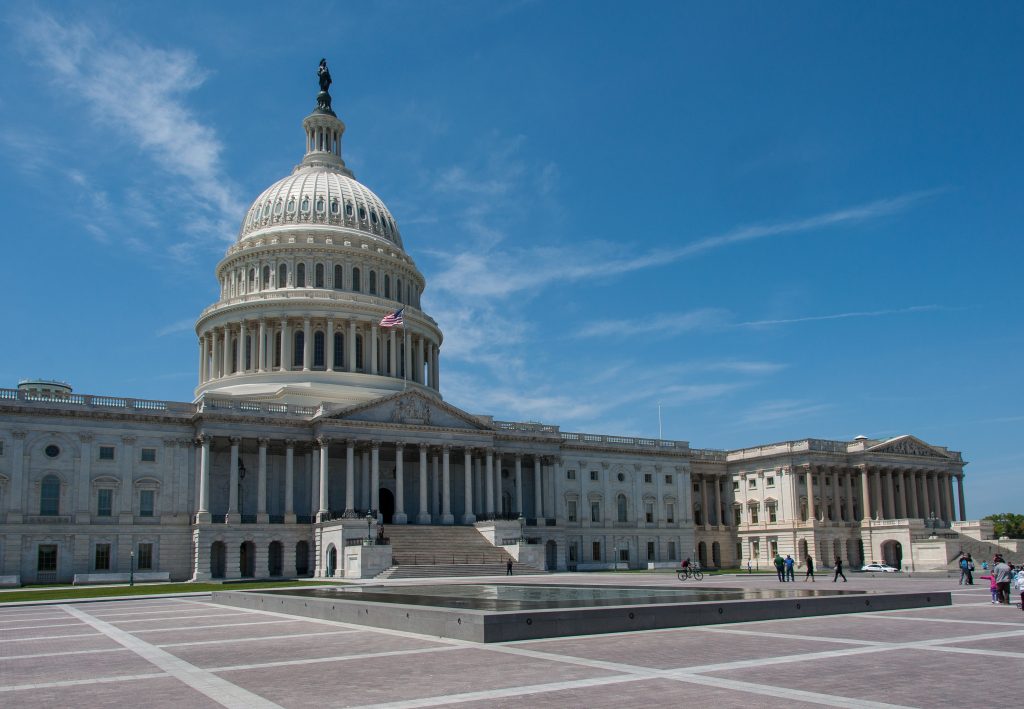Brisbane’s public hospitals have thanked COVID-19 for producing a below average flu season with only one admission for Influenza compared to 900 this time last year.
The decline in flu-related admissions comes after COVID-19 heath and hygiene measures were implemented across the state including social distancing, hand hygiene and restrictions on gatherings.
The Metro North Region have boasted their record, with 526 Influenza admissions recorded last winter. The area which includes Royal Brisbane and Women’s hospital as well as the Prince Charles, Caboolture, Redcliffe and Kilcoy public hospitals have not recorded any flu cases throughout June, July and August.
”Social distancing and commitment to hand hygiene has played a role in preventing the spread of influenza this year,” a Metro North Hospital and Health Service representative told NCA NewsWire.
The only flaw in Brisbane’s flu record was a single admission for Influenza in the Metro South Region.
According to Queensland’s Weekly Influenza Surveillance report for 2020, all Influenza notifications between 1 January and 27 September total to 5,991, compared to 66,135 notifications recorded in 2019. The results show a decline of 60,144 cases statewide.
Griffith University’s School Of Medicine Professor Allan Cripps credits the low numbers to the hygiene trends seen across Australia.
“In August, there were about 120 cases Australia wide, while last year in the same month, it was in the order of 60,000 so that gives you an idea that social distancing and improved hygiene have had on the flu,” Prof Cripps told NCA NewsWire.
Prof Cripps also pointed out an “uptake” in flu vaccinations as a “direct response” to COVID-19.
“That adds to the overall herd immunity against the flu and in the backdrop to that you have social distancing and that includes hand hygiene which is critical,” he said.
Prof Cripps believes there is a lesson to be learned from the pandemic, especially in the forms of good hand hygiene and use of hand sanitiser. He hopes that the use of alcohol-based hand sanitiser will become the “norm” post COVID-19.
Despite the large drop in Influeza cases throughout the COVID-19 period, Rhinovirus has continued to stay prevalent and is responsible for the common cold. Unlike COVID-19 which is susceptible to alcohol-based hand sanitiser, Rhinovirus is not.
“The fact we have seen this massive drop since November in the flu but no relative change in Rhinovirus is fascinating,” Prof Cripps said.
Prof Cripps says that a rise in Influenza cases post COVID-19 is inevitable as the use of hand sanitiser, face masks and social distancing declines across communities as we return to “back to our original habits”.
The Queensland Health Minister Steven Miles has deemed the drop in flu cases an unexpected but welcomed response to the pandemic. He agrees that the results are largely due to health and hygiene restrictions and praised Queenslander’s for adhering to the health advice.
“Research commissioned by Queensland Health earlier this year also showed that people have greatly improved their flu hygiene behaviours since the start of the year, reducing the chance of it spreading within the community,” Miles said.
In Victoria just 4,755 Influenza cases have been recorded to date, compared with 61,484 reported in 2019.
____________________________________________________________________________________
Photo: RBWH by Michael Zimmer available HERE and used under a Creative Commons Attribution. The image has not been modified.







